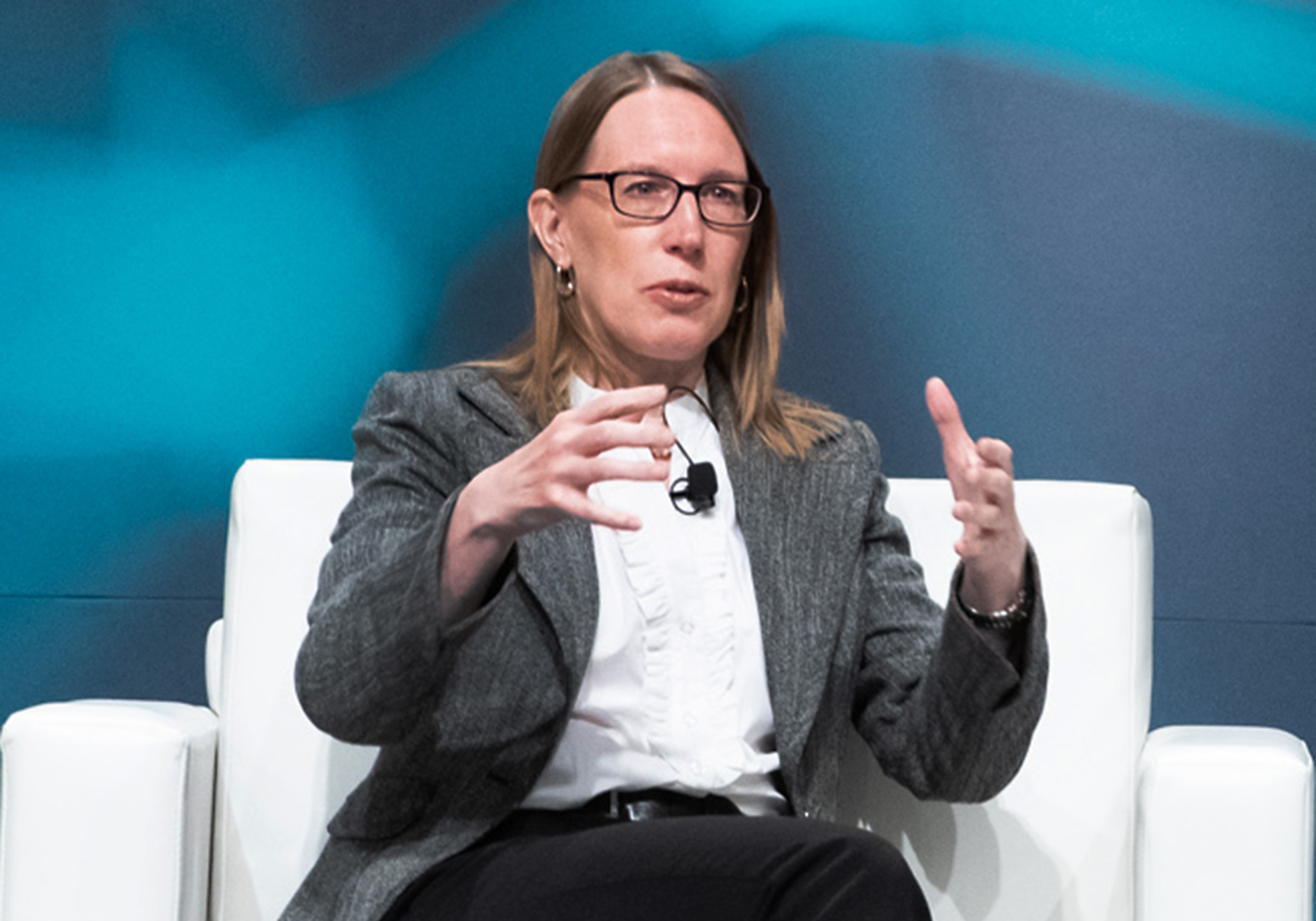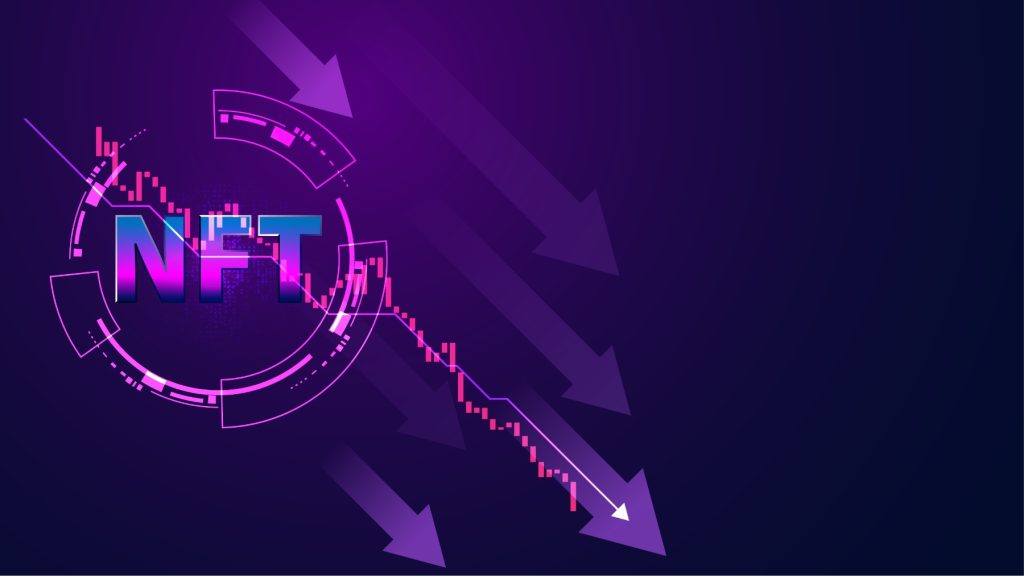SEC Hints at Exempting NFT Fundraising from Securities Laws

In a groundbreaking shift for cryptocurrency regulation, U.S. Securities and Exchange Commission (SEC) Commissioner Hester Peirce has suggested that Non-Fungible Tokens (NFTs) used for fundraising may be exempt from securities laws. Announced on March 21, 2025, this move could unlock new capital-raising opportunities for blockchain startups, reducing regulatory barriers and fueling innovation in decentralized finance (DeFi).
With regulatory clarity looming, this development has far-reaching implications for startups, investors, and the broader crypto ecosystem.
A Turning Point for NFTs in Fundraising
Speaking at an SEC roundtable, Peirce—widely known as “Crypto Mom” for her pro-innovation stance—advocated for an exemption for NFT fundraising models, citing past projects like:
- Stoner Cats – Raised $8.5 million via NFTs for an animated series in 2021, but later faced SEC enforcement.
- Flyfish Club – A tokenized dining membership that navigated legal uncertainty.
Peirce’s comments signal a major departure from previous SEC leadership under Gary Gensler, which had aggressively pursued NFT projects under securities law violations.
Her proposal aligns with the crypto industry’s long-standing argument that NFTs linked to art, rewards, or memberships should not be treated as securities. If formalized, this exemption would:
- Legitimize NFT fundraising for blockchain startups.
- Bypass complex compliance hurdles, making fundraising more accessible.
- Encourage broader adoption of tokenized business models.
Why This Matters in 2025
The timing of Peirce’s proposal is critical, as the crypto market has seen a major resurgence in Q1 2025:
- Total crypto market cap exceeds $3 trillion, driven by institutional investment.
- NFT sales volume hit $12 billion in 2024, with an increasing share tied to project funding, not speculation.
- Startups struggle to raise capital due to heavy scrutiny on venture capital and Initial Coin Offerings (ICOs).
NFT fundraising presents a compelling alternative, allowing:
- Direct engagement with backers
- Utility-driven ownership models
- Decentralized funding without intermediaries
A formal SEC exemption could unlock billions of dollars in new investment opportunities, expanding the scope of NFT applications beyond collectibles.
The SEC’s Evolving Crypto Stance

Peirce’s proposal builds on the SEC’s gradual shift toward regulatory clarity:
- 2024: The SEC issued an exemption for Proof-of-Work (PoW) mining, setting a precedent for operational, non-investment-focused crypto activities.
- March 2025: The SEC hinted at new rules supporting institutional crypto integration, aligning with global efforts from the IMF and U.S. Congress.
“We’re looking at frameworks that encourage innovation while protecting investors,” Peirce stated, hinting at an official SEC announcement in mid-2025.
This shift comes as jurisdictions like Singapore and the UAE aggressively attract blockchain firms with clearer regulatory frameworks. The U.S. risks falling behind if it fails to adapt.
Opportunities and Risks for Crypto Startups
For blockchain startups, NFT-based fundraising presents numerous advantages:
- Decentralized funding: Avoids reliance on venture capital or traditional investors.
- Community ownership: Investors become stakeholders in a project’s success.
- Flexibility: NFTs can offer exclusive perks, governance rights, or product access without falling under securities law.
However, challenges remain:
- Valuation Risks – NFT prices can be highly volatile, driven by speculation.
- Regulatory Uncertainty – Peirce’s comments are not yet SEC policy.
- AML Compliance – Projects must still meet anti-money laundering (AML) regulations.
Despite these concerns, the ability to raise millions without SEC registration makes NFT fundraising an attractive option for emerging crypto ventures.
Market Reactions and Institutional Implications

The crypto market responded swiftly to Peirce’s statement:
- Ethereum (ETH) and Flow (FLOW) gained 5-8% within hours on March 21, 2025.
- Institutional investors are eyeing NFTs as a potential vehicle for private equity and real estate tokenization.
- BlackRock and other financial giants are already exploring tokenized assets, signaling growing mainstream adoption.
This shift aligns with broader 2025 trends, such as:
- The IMF integrating crypto into global financial systems.
- Pending U.S. crypto legislation supporting regulatory clarity.
- Expanding use of NFTs beyond speculative markets.
What’s Next for NFT Fundraising?
If the SEC formalizes an NFT fundraising exemption, 2025 could see a surge in NFT-powered startups. Potential applications include:
- Tokenized game studios raising funds via in-game assets.
- DeFi protocols issuing governance-linked NFTs.
- Physical asset-backed NFTs, such as real estate or fine art investments.
Peirce suggested a timeline of “months, not years”, indicating a potential SEC framework by mid-2025.
For crypto entrepreneurs, this signals an opportunity to pioneer new fundraising models while ensuring regulatory compliance.
Conclusion: A Defining Moment for NFTs
Peirce’s statement represents a pivotal moment for blockchain innovation. It signals that U.S. regulators are listening, adapting, and potentially embracing NFTs as more than just digital collectibles.
As NFT fundraising gains legitimacy, crypto startups could redefine capital formation—ushering in a new era of decentralized funding.
TL;DR: Key Takeaways
- SEC Commissioner Hester Peirce suggests exempting NFT fundraising from securities laws.
- If approved, this could unlock billions in decentralized funding for crypto startups.
- Market reactions were positive, with ETH and FLOW gaining 5-8% post-announcement.
- Formal SEC guidance may arrive by mid-2025, shaping the future of NFT fundraising.




